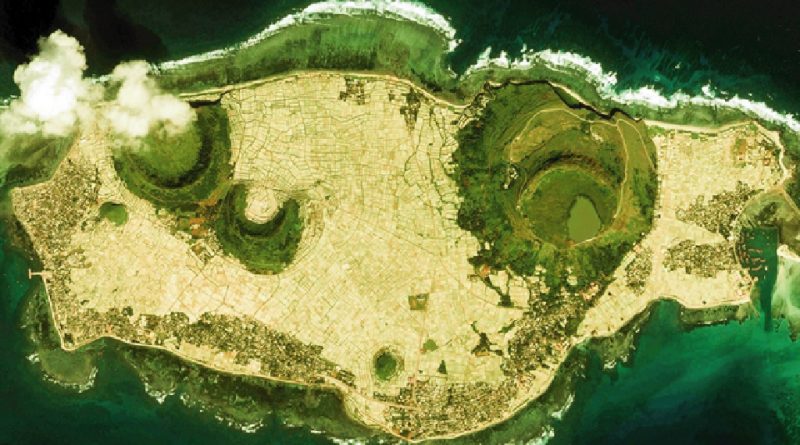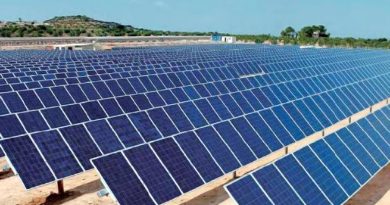Lý Sơn Islands to build as a non-carbon site
Lý Sơn Islands to build as a non-carbon site
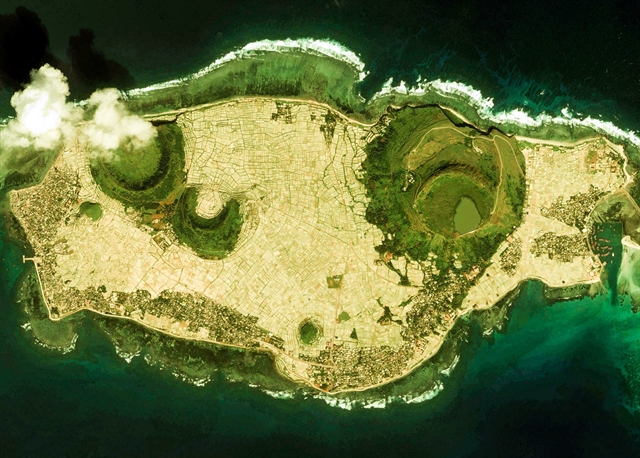
QUẢNG NGÃI — An Bình Islet and Lý Sơn Islands in central Việt Nam are moving full steam ahead to go green.
SK Group and Doosan Heavy Industries Việt Nam (Doosan Vina) have proposed a Non-Carbon Islands Innovation Project including tidal power, solar power-driven stove and Energy Storage System (ESS) for An Bình Islet and Lý Sơn Islands, off the coast of Quảng Ngãi Province.
A source from Doosan Vina confirmed to the Việt Nam News the two Korean companies had proposed the project to the provincial leadership in a meeting last week.
The project, which will be completed within 16 months with total cost of US$1 million, plans to supply renewable ‘green energy’, battery-powered cars, desalination station for more than 22,000 population and tourists, reducing carbon emission from fossil fuel and gasoline vehicles.
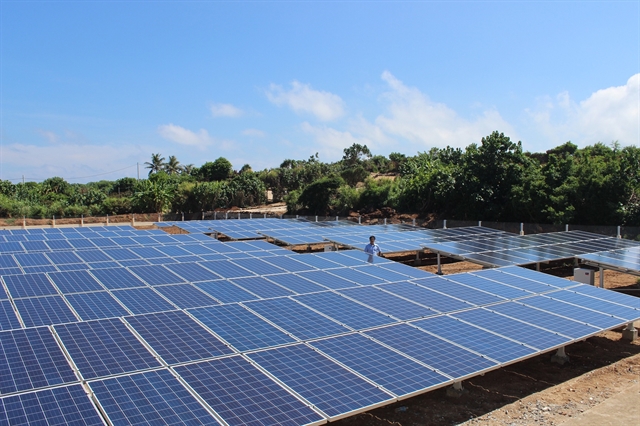
According to SK Group, tidal energy capacity on An Bình Islet was estimated at 100kw, while Lý Sơn Islands from 1MW to 5MW and a source of 100MW on the mainland of the province.
In 2017, the HCM City-based SolarBK company debuted a 96 kWp (kilowatt peak for a solar module) solar power system to supply power 24 hours a day for 400 islanders living in An Bình Islet, while reducing 93 tonnes of carbon emissions each year.
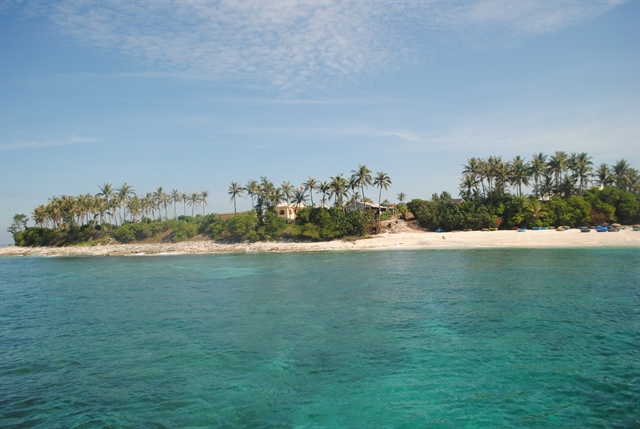
An Binh Islet – three miles away from Lý Sơn Islands – started using fresh water from a specially built desalination station with funding from Doosan Vina in 2012.
Lý Sơn Island has called for a US$12 million sea water desalination project to supply more fresh water for residents, and the development of a drainage recycling system and more water containers from the government.

According to archaeologists, Lý Sơn Island is a dormant volcano. The terrain of the island was created from eruptions 25 to 30 million years ago, leaving landscapes with rocks, caves, cliffs, rock arches and a lake.
The central province of Quảng Ngãi plans to apply for global Geo-Park recognition for Lý Sơn-Sa Huỳnh area later this year.
The Islands hosted nearly 300,000 tourists each year.
Source: Vietnamnews.vn



